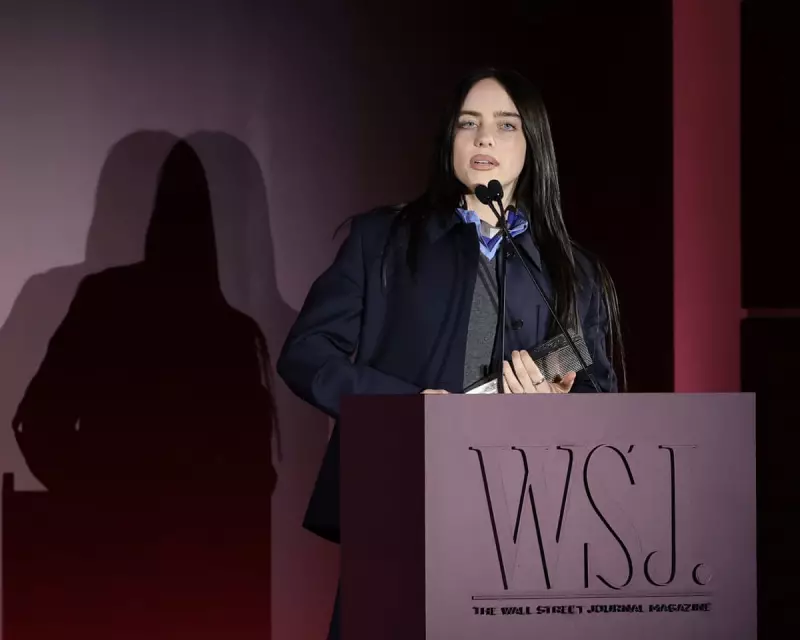
In a striking intervention that's set social media ablaze, global music phenomenon Billie Eilish has launched a blistering critique of the world's billionaires, questioning the very morality of extreme wealth accumulation in an era of widespread inequality and climate crisis.
The Celebrity Voice Against Wealth Disparity
The multiple Grammy and Oscar winner has joined a growing movement of public figures challenging the concentration of wealth among a tiny elite. Her comments come at a time when economic divides are widening and the environmental impact of luxury lifestyles is under increasing scrutiny.
"We're living in their world, aren't we?" Eilish remarked in what many are calling her most politically charged statement to date. The pop star's intervention adds significant cultural weight to conversations about wealth distribution that were once confined to economic forums and political debates.
Staggering Carbon Footprints of the Super-Rich
Recent research underpinning Eilish's concerns reveals shocking statistics about the environmental impact of billionaire lifestyles. Studies show that the wealthiest 1% of the global population account for more carbon emissions than the poorest 66% combined.
The analysis highlights how private jets, mega-yachts, and multiple luxury homes create carbon footprints that dwarf those of ordinary citizens. One billionaire's space flight alone can generate more emissions than an individual would produce in their entire lifetime.
Beyond Environmental Concerns: The Moral Question
Eilish's critique extends beyond environmental issues to question the fundamental morality of wealth hoarding. "When you have more money than you could spend in a thousand lifetimes, while others struggle to afford basic necessities, what does that say about our society?" her comments implicitly ask.
This perspective challenges the traditional narrative that extreme wealth is simply the reward for hard work and innovation, suggesting instead that current wealth concentrations may reflect systemic imbalances.
A Growing Cultural Shift
The pop star's stance reflects a broader cultural movement seeing younger generations increasingly critical of wealth inequality. From the Fight for $15 movement to climate activism, there's growing impatience with economic systems that permit such extreme disparities.
What makes Eilish's intervention particularly significant is her massive platform and influence among Gen Z and millennial audiences who are disproportionately affected by economic pressures including student debt, housing crises, and climate anxiety.
The Political Implications
This isn't just cultural commentary – it's becoming political dynamite. Eilish's remarks add fuel to ongoing debates about wealth taxes, corporate responsibility, and climate policy. Several governments are already considering measures to address wealth inequality, from increased taxation of extreme wealth to stricter environmental regulations for private aviation.
As the conversation gains momentum, the traditional defence of billionaire wealth – that it 'trickles down' to benefit everyone – is facing unprecedented challenge from both economic data and popular sentiment.
The question now is whether Eilish's powerful intervention will translate into tangible political change or remain another voice in what's becoming a chorus of discontent with the current economic order.





